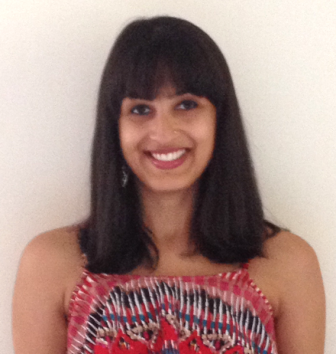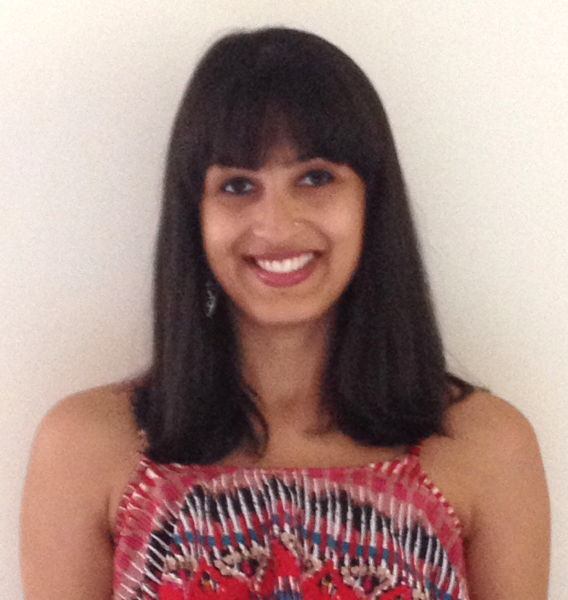 Sex education these days looks very different than when I was in high school in the late ’90s — and largely for the better.
Sex education these days looks very different than when I was in high school in the late ’90s — and largely for the better.
My sex education teacher was a male football coach on the verge of retirement, who made his discomfort with the subject very apparent. He even told me, in a wholly inappropriate comment, that since he hated teaching it, he wanted me to teach the class. I wish I had the experience of many of the students in afterschool settings today — with younger facilitators, sometimes peer educators, who seek to make the topic inclusive, fun, and engaging and whose goal is to focus on how to make sex safer without sacrificing pleasure.
In the past decade or so, an increasing number of afterschool programs across the country are seeking to serve youth of a particular identity group — for example, race, gender, sexual orientation, or any intersections of those. Many of these programs require or strongly recommend that the facilitator of these groups share a similar background or identity to the program participants.
In the past six years of my work in sex education at afterschool programs, I’ve observed that the facilitator is key to whether a sexual health education group is a success. As with any educator, becoming a skilled facilitator takes years of practice and a nuanced understanding of instructional methods and youth development. With a topic as stigmatized as sex education, organizations want to find facilitators who have a similar background or share identities with their students. Of course, increasing the number of staff from marginalized backgrounds is essential for any afterschool setting. But the question remains: Does having a facilitator who shares a common gender, race, or sexual orientation make it easier to build trust and open communication in a sex education class? Well, yes and no.
I have spoken to youth who attend an identity-specific sexual health education group in my agency, and they have responded positively about their interactions with the facilitator. Some identified similar backgrounds as a basis for building trust, and others spoke more of general personality characteristics. Two female African-American participants who are a part of a program, which focuses on sexual health education and financial literacy, stated that they felt having a facilitator who was African-American helped them to relate to her.
One participant from another program for young trans-feminine women, stated that having a facilitator who was “under the same LGBT umbrella … in that family, in that community” was one reason she could relate to her facilitator. However, participants also named facilitator traits like having a strong character, being a good listener, and being a caring person as important for building a safe space in which to discuss sexual health education topics.
Conversely, I have found that at times adult facilitators for these programs make assumptions about whether differences in experience affected their ability to relate to young people. Some facilitators seemed to understate how differences in class, gender identity, and race mattered to their youth participants.
But here’s the thing — these shared identities, or lack thereof, were not the most important aspect of the facilitator’s ability to build relationships with the youth participants. Young people in my program said they loved the program and they loved their facilitator. But what they did ask is that adults acknowledge when their experience is different than youths’ experience. Differences within groups are not always potential land mines for conflict — they can be opportunities for real learning and exchange.
While it can certainly help to have things in common with participants, and while agencies should definitely try to hire staff with similar backgrounds to their target populations, the most important thing when it comes to sex education is to be honest. If we ask our participants to be honest about sharing experiences when learning about sexual health topics, it’s also important that adult facilitators and educators are honest about what we may and may not share in common with our participants.
We can use these differences as an opportunity for exploration about the lived realities of sexual health in a society where sexuality is very much impacted by race, class, gender identity, sexual orientation and much, much more.
Ashwini Hardikar is Assistant Program Director at the Grand Street Settlement in New York City, where she oversees adolescent sexual health education programs in the Lower East Side. She has a Master in Public Health from Emory University, and specializes in sexual health education for LGBTQ youth of color.






























